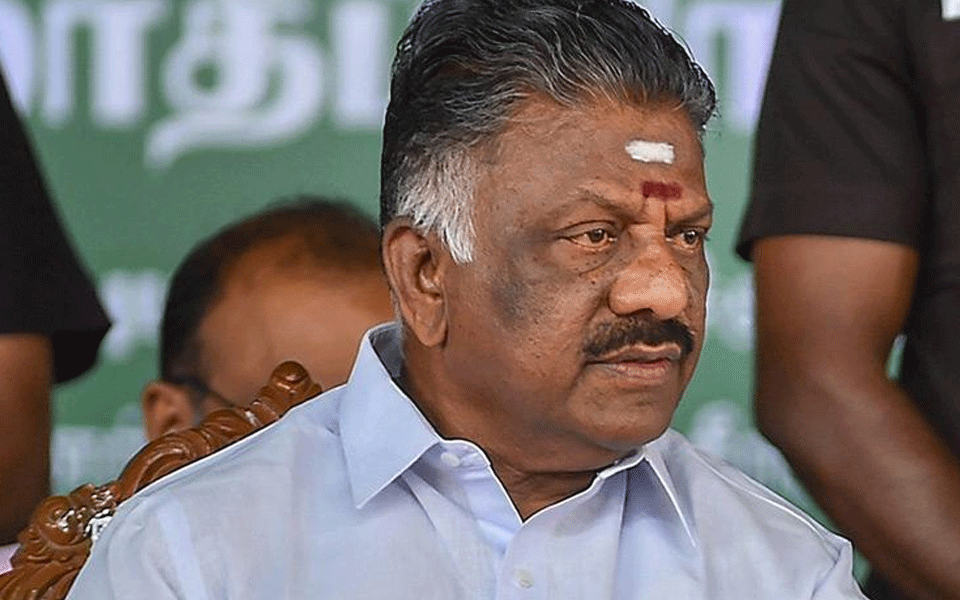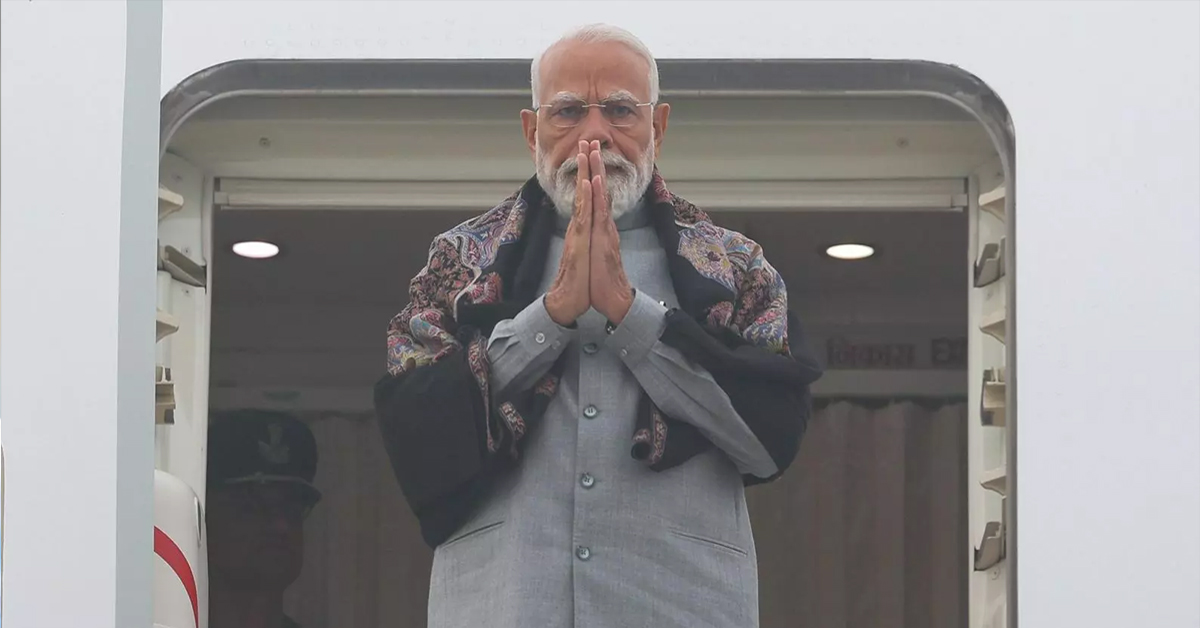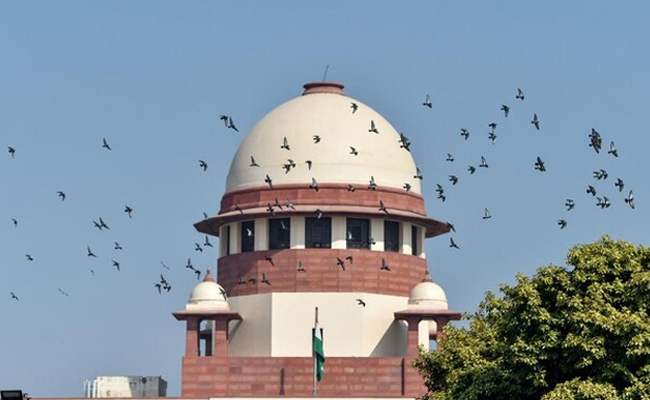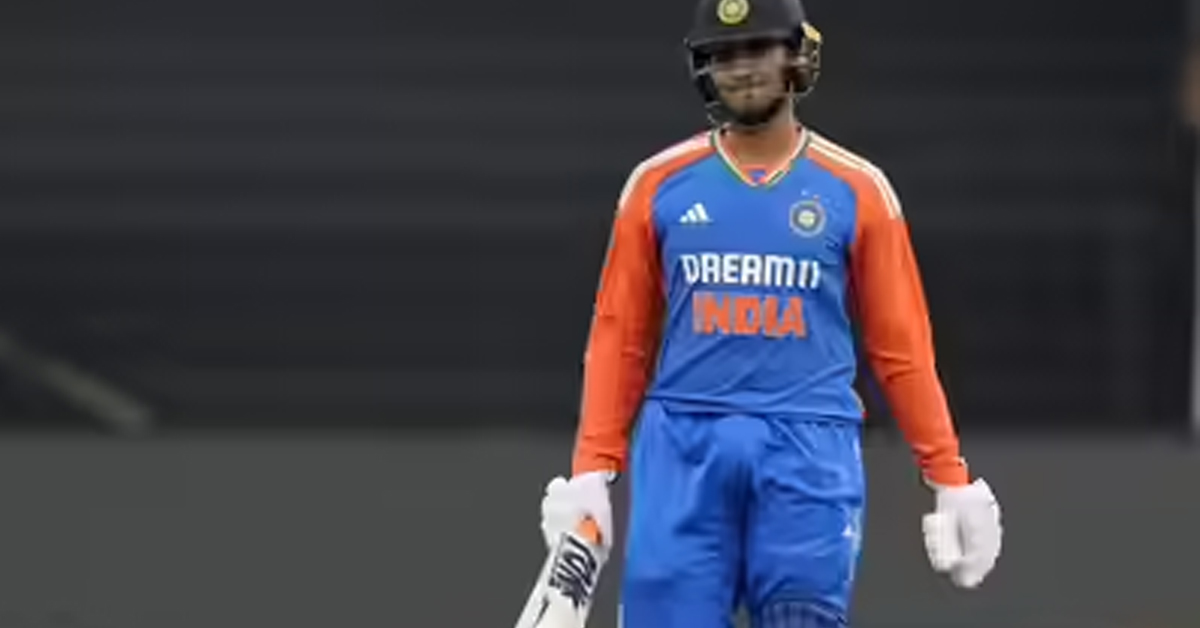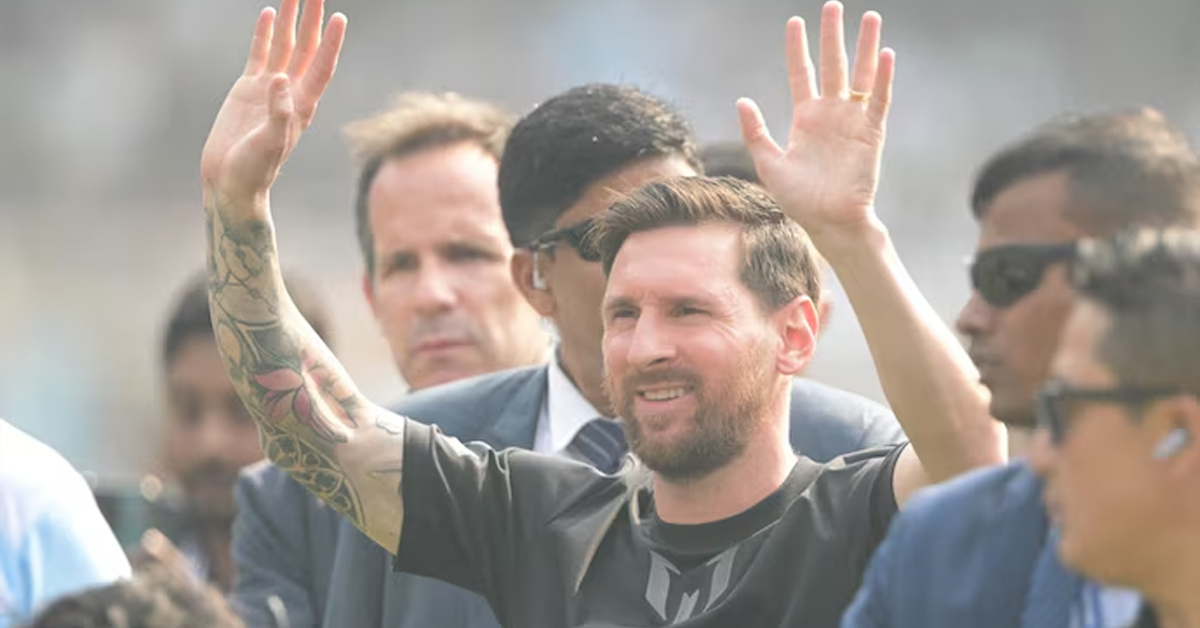New Delhi, July 24 : Senior AIADMK minister and Tamil Nadu Deputy Chief Minister O. Pannerselvam was on Tuesday refused an appointment by Defence Minister Nirmala Sitharaman, a development that created flutters in political circles in the state.
Pannerselvam, who was appointed Coordinator in the AIADMK after the split in the party last year, wanted to meet the Defence Minister and thank her for her help in giving an air ambulance to rush his brother for treatment in Chennai.
After telling the media that it was a courtesy call, Panneerselvam left for Defence Ministry along with senior party MP V. Maitreyan. While he was made to wait, Maitreyan met the minister. Forty-five minutes later, Sitharaman's office tweeted: "Appointment was given to V. Maitreyan. Deputy Chief Minister of TN O. Panneerselvam has not met Nirmala Sitharaman."
A distraught Deputy Chief Minister left for the airport straight from the Defence Ministry to take a flight back to Chennai with his supporters.
In Chennai, Chief Minister K. Palaniswamy said his deputy had gone to Delhi to meet Sitharaman and thank her for her help in providing air lift facility for his ailing brother.
Speculation was rife that Panneerselvam sought an appointment with BJP President Amit Shah to prove to his detractors in the party that he had better equations with the BJP high command but failed to get an appointment with him.
Significantly, the AIADMK had supported the NDA government in the opposition no-confidence motion in the Lok Sabha.
On reaching Chennai, Panneerselvam told the media: "One should have the heart to accept anything."
Let the Truth be known. If you read VB and like VB, please be a VB Supporter and Help us deliver the Truth to one and all.
New Delhi (PTI): Prime Minister Narendra Modi on Monday embarked on a visit to Jordan, Ethiopia and Oman -- countries which enjoy civilizational ties and exceptional bilateral relations with India.
"First, I will be visiting Jordan, on the invitation of His Majesty King Abdullah II ibn Al Hussein. This historic visit will mark 75 years of establishment of diplomatic relations between our two countries," the prime minister said in his departure statement.
Modi will hold detailed discussions with Jordanian King Abdullah II ibn Al Hussein, Prime Minister Jafar Hassan, and will also meet Crown Prince Al Hussein bin Abdullah.
In his first visit to Ethiopia, the prime minister will address the Joint Session of Parliament and share his thoughts on India's journey as the "Mother of Democracy" and the value that the India-Ethiopia partnership can bring to the Global South.
The prime minister will also hold discussions with Ethiopia's Prime Minister Abiy Ahmed Ali and meet the Indian diaspora.
"On the final leg of my journey, I will visit the Sultanate of Oman. My visit will mark 70 years of the establishment of diplomatic ties between India and Oman," Modi said.
In Muscat, the prime minister will hold discussions with the Sultan of Oman on strengthening the Strategic Partnership as well as a strong commercial and economic relationship.
"I will also address a gathering of the Indian diaspora in Oman, which has contributed immensely to the country's development and in enhancing our partnership," Modi said.

